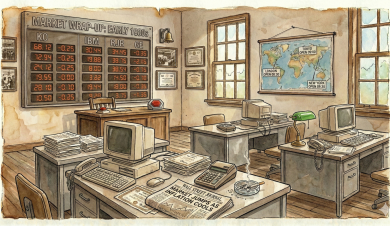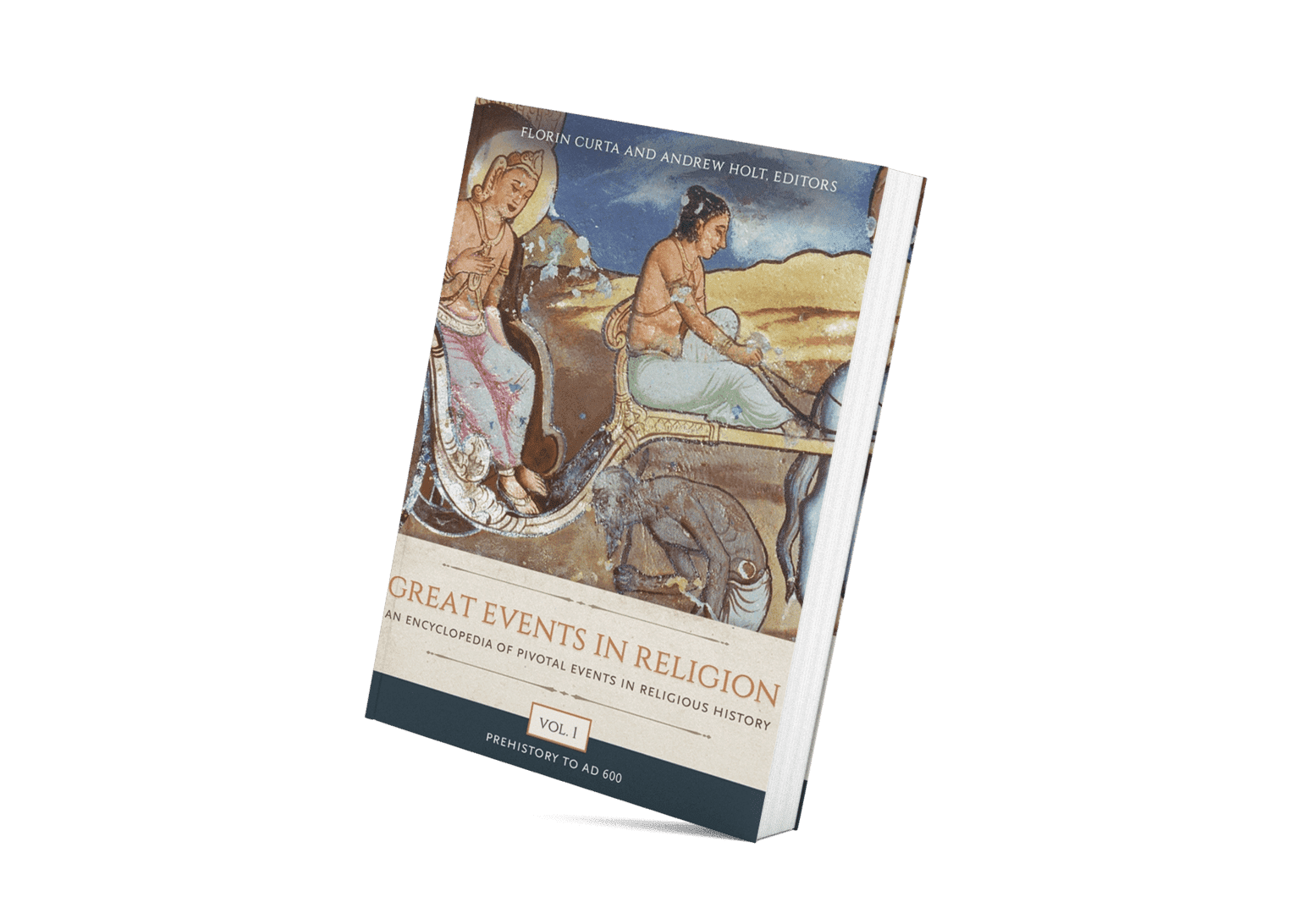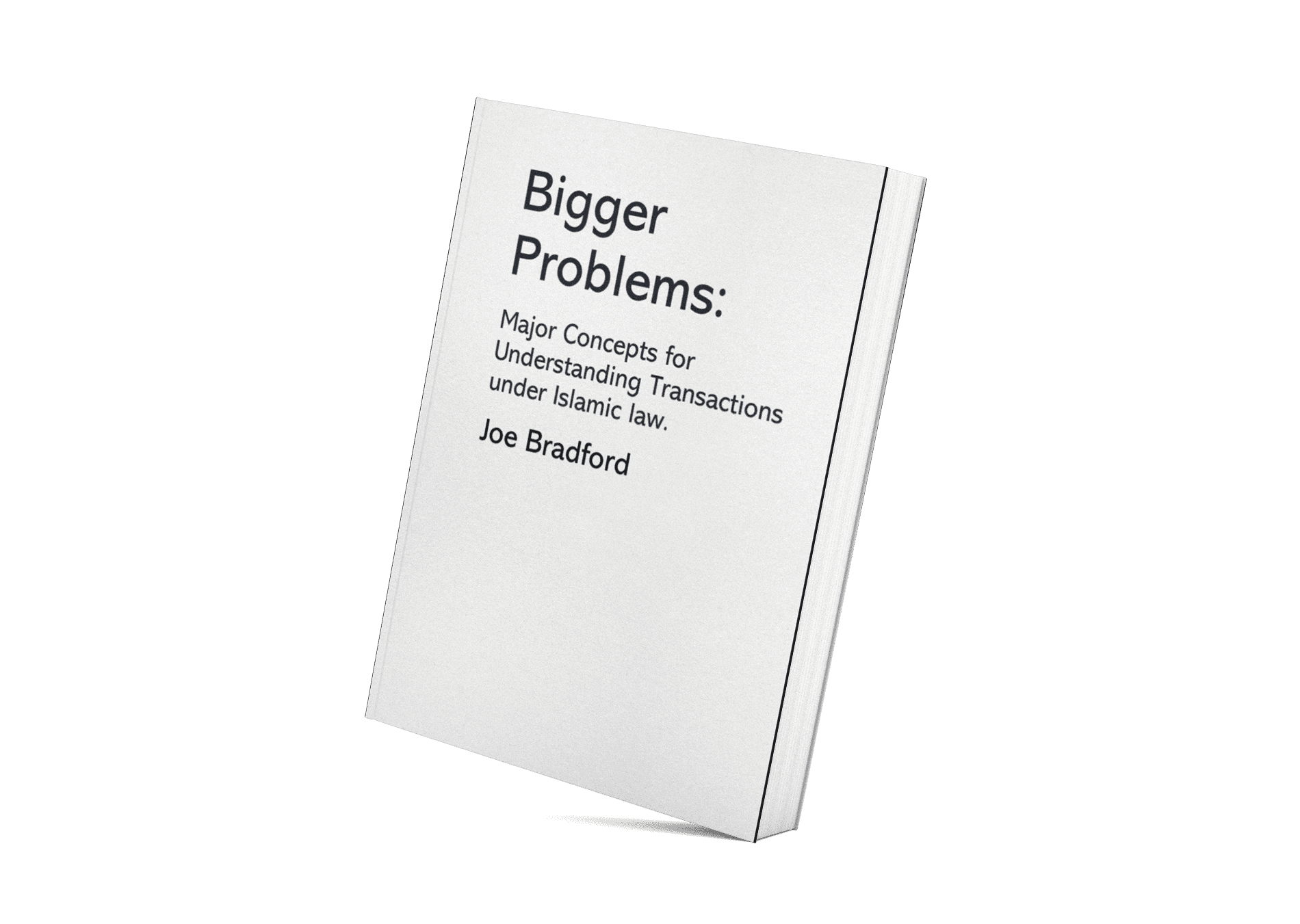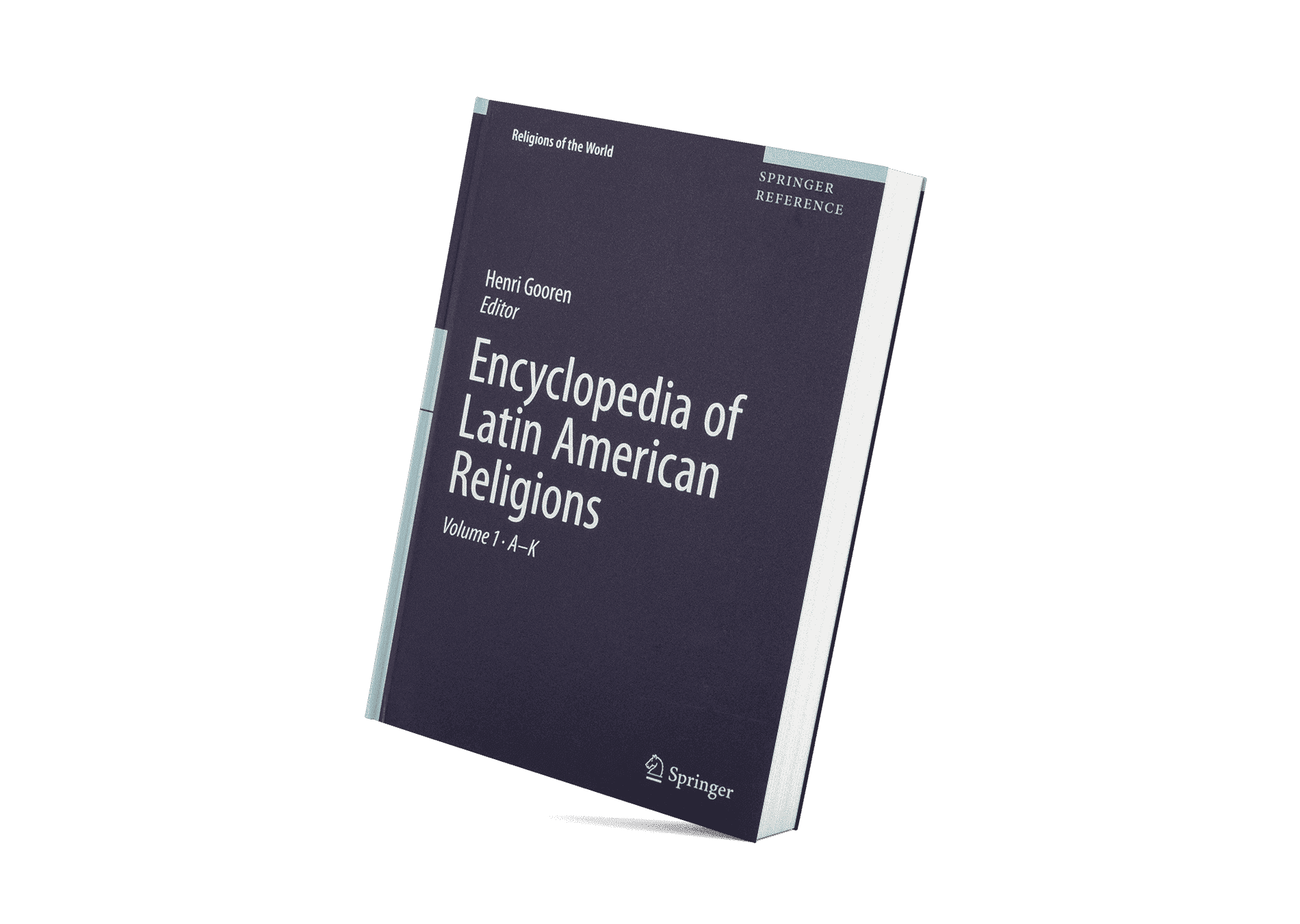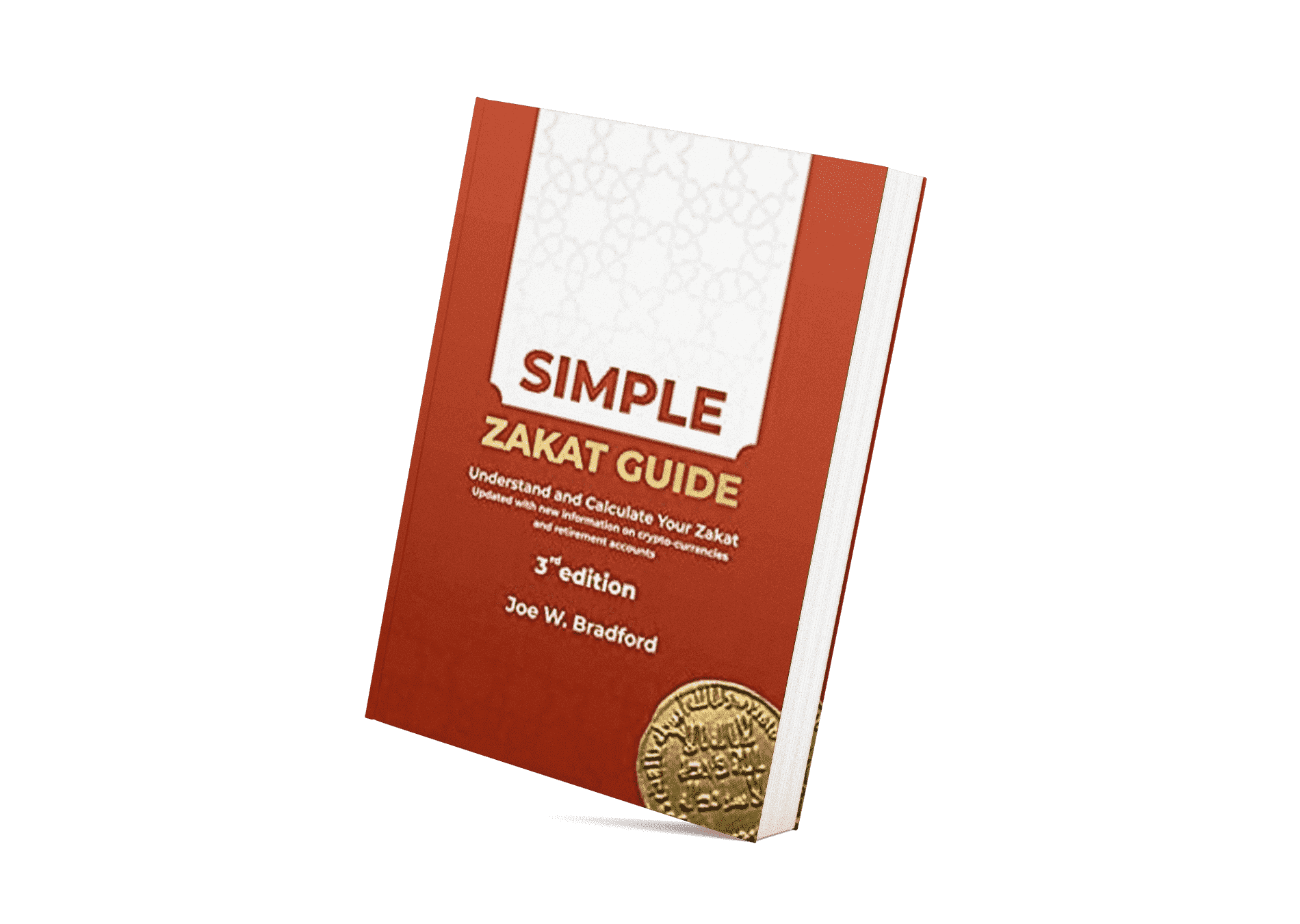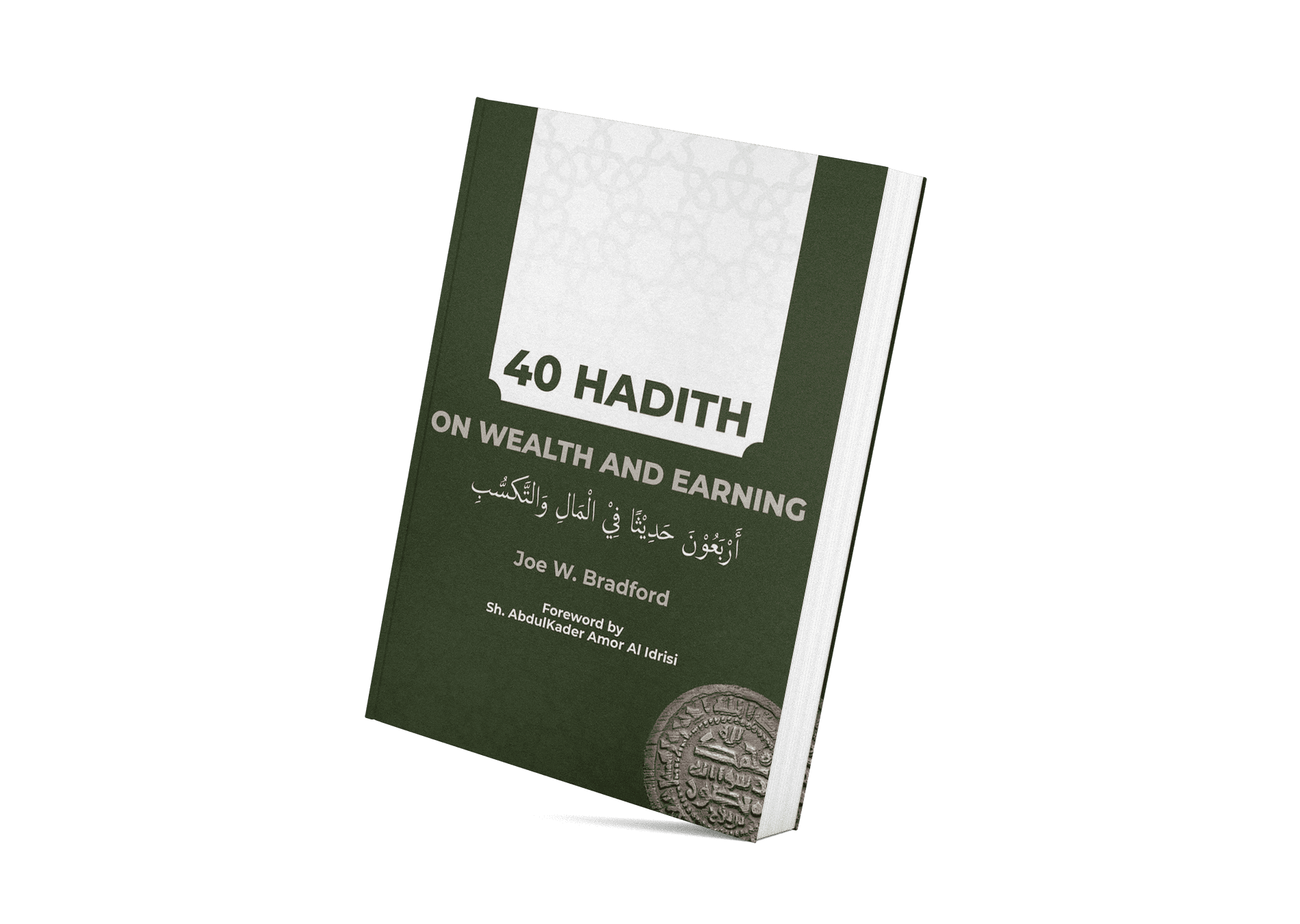I help you make ethically sound financial decisions.
As your trusted advisor, I help you align your values and finances through weekly newsletters, one-on-one consultation calls, and finance courses.
Join the 7K+ subscribers to my newsletter
| Thank you for Signing Up |


Join the 7K+ subscribers to my newsletter
| Thank you for Signing Up |


















"Shaykh Joe Bradford was very helpful. Both my spouse and I had questions and he was able to answer all of them. He also gave us some good recommendations and suggestions."
- Selma Dobryansky
"I had a great experience with Joe. He was very patient in answering my questions and provided the necessary information I needed to get started in the stock market."
- Muddaser Belal
"Conversation with Joe was very helpful. All my questions were answered. It is a huge blessing to have a scholar who has studied finances from an Islamic perspective."
- Usman Zafar
"Joe is able to bridge language, cultural, and religious gaps in a seamless manner. He is very knowledgeable on Sharia matters and dedicated to the development of Sharia banking."
- Bennie B
"Joe, is an absolute gem. He was able to explain difficult financial concepts to me, and helped me choose from the best options available. Would highly recommend!"
- Anas Malik
"Sheikh Joe understood my concerns and provided several options to address the issue. He was aware of complex financial concept, but was able to communicate them in a simple manner."
- Saad Shah
"Allah reward and bless Shaykh Joe and his sharing of knowledge. Schedule a call to sort out financial needs in a way that conforms with scholarship, ethics, and morality."
- Abdullah Budri
"Very helpful, calm and precise advice given. Getting into investing is quite overwhelming it's good to know Sh Joe is there to give halal ethical advice."
- Salma Begum
"MashaaAllah, super helpful. Sh. Joe walked me through various scenarios and provided his advice to put my heart at ease. JazaakAllahukhair!"
- Mohammad Hoque
"I follow Joe's work regarding zakat and finance because it's the most comprehensive and simple to understand information out there."
- Bilal T
"He provides the most comprehensive answers when it comes to financial matters based on Islamic and mainstream financial knowledge."
- Rabab A.
"Instead of dodging questions, you are one of the few that will cover very relevant topics that may be controversial to some."
- Abdullah M
Three ways I can help you
Self-Paced Finance Courses
Learn to manage and grow your personal finances, discover profitable investment strategies, and build a financially secure future
Consultation Calls
Need some clarity? I’m available for billable calls to provide guidance and support if you need clarity on a specific subject.
Weekly Newsletter
Gain insights to transform your financial future spanning business, Shariah compliance, and personal financial management.



